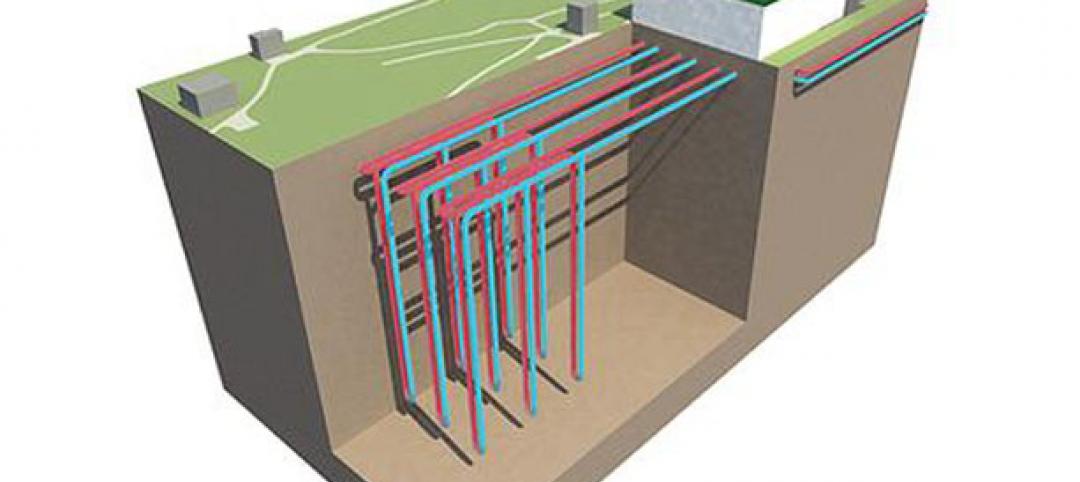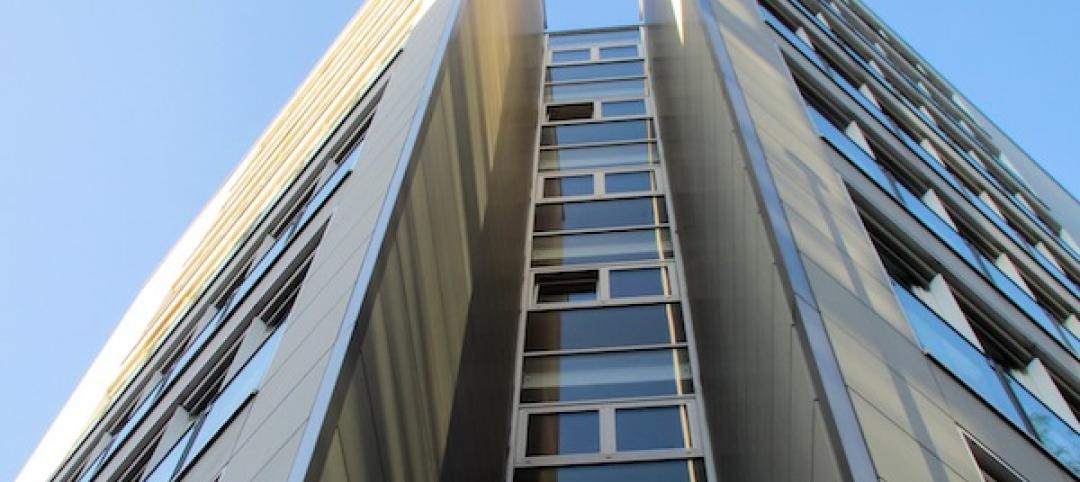U.S. National Institute of Standards and Technology code revision recommendations in the wake of the World Trade Center terrorist attacks are being implemented in new high-rise construction, including One World Trade Center, the lead building of the new World Trade Center complex.
New requirements include:
- Buildings taller than 420 feet are now required to include an extra exit stairwell or a specially designed elevator that occupants can use for evacuations
- Stairwells in buildings more than 75 feet high must now have glow-in-the-dark markings that show the exit path even when lighting is out or dim
- Spray-applied fire-resistive materials must perform four times more effectively than current requirements in buildings 75 to 420 feet tall, and more than seven times better in buildings taller than 420 feet. BD+C
Related Stories
| Feb 12, 2013
Higher education institutions providing leadership on sustainability
More than 665 U.S. colleges and universities have publicly committed to pursue net-zero carbon emissions.
| Feb 12, 2013
ASHRAE publishes protocols for performance measurement
ASHRAE has published “Performance Measurement Procedures for Commercial Buildings: Best Practices Guide,” a how-to guide for continuously evaluating and improving the performance of commercial buildings throughout their service life.
| Feb 12, 2013
California resolves ADA inconsistencies with 2013 building code
The recently adopted 2013 California Building Code (CBC) revisions bring the state code in line with the federal Americans With Disabilities Act 2010.
| Feb 12, 2013
Bullitt Foundation says Living Building Challenge can only be met after code change
The 50,000 sf Bullitt Center in Seattle is being constructed to be the greenest, most energy-efficient commercial building in the world, and meet the ambitious goals of the Living Building Challenge.
| Feb 12, 2013
Tilt-Up Concrete Assn. offers technical advice on 2012 International Energy Code
The Tilt-Up Concrete Association (TCA) says it can be a major industry resource in helping designers adhere to the International Energy Conservation Code (IECC).
| Feb 8, 2013
WDMA releases national policy agenda for windows, doors, skylights
Document urges a regulatory stance that will support manufacturing, including favorable building codes and tax policy.
| Feb 6, 2013
Green-roofing bills approved by New Jersey's state Assembly
Two bills that would require installation of green and blue roofs on new government buildings received overwhelming approval from the state Assembly in New Jersey.
| Feb 6, 2013
BOMA favors voluntary energy benchmarking and disclosure, opposes mandates
The Building Owners and Managers Association (BOMA) International announced support for voluntary energy benchmarking, but said it opposes mandates for benchmarking, disclosure, and labeling that many states and municipalities are implementing.
| Feb 6, 2013
Lumber Standard Committee approves new Southern Pine design value changes
The American Lumber Standard Committee Board of Review has approved the Southern Pine Inspection Bureau’s design value changes for all sizes and grades of visually graded Southern Pine dimension lumber.
| Feb 6, 2013
CEIR seeks public input on draft of PV racking and attachment document
The Center for Environmental Innovation in Roofing (CEIR) has released the first public draft of PV Racking and Attachment Criteria for Effective Low Slope Metal Panel Roof System Integrationfor an initial round of public comment.












